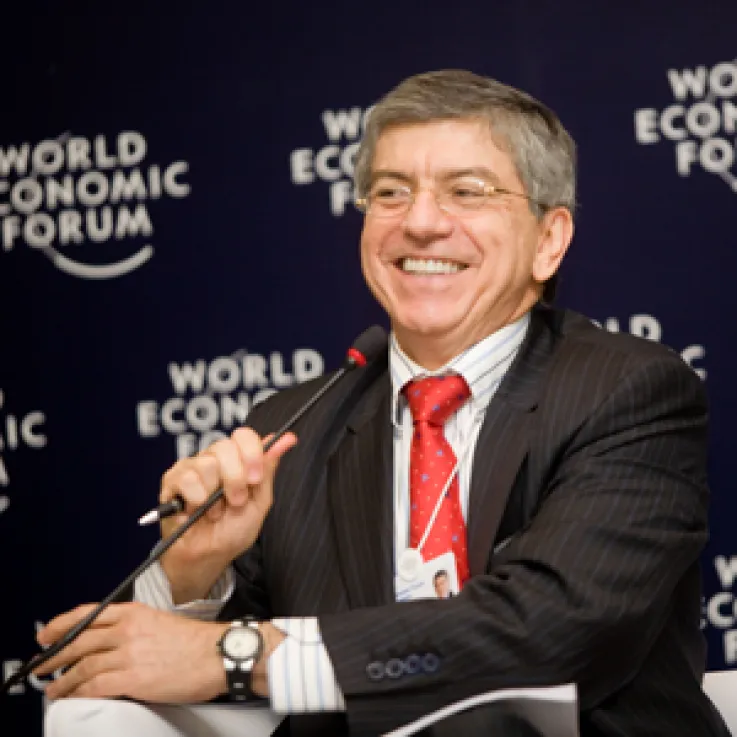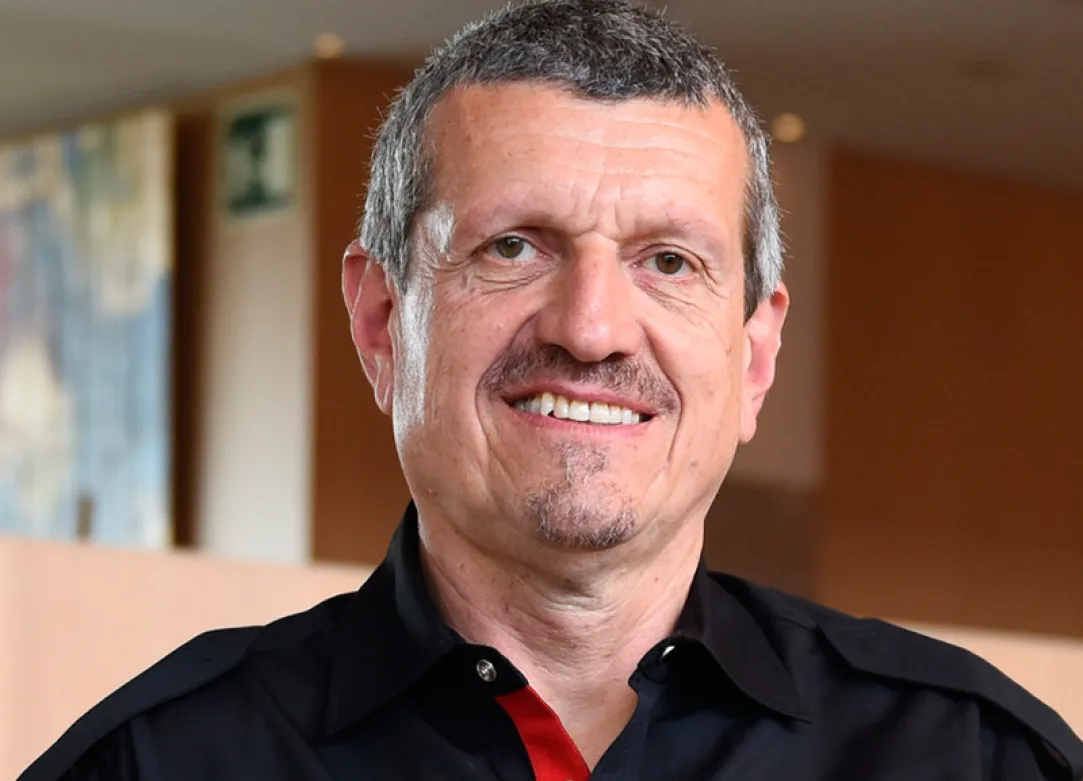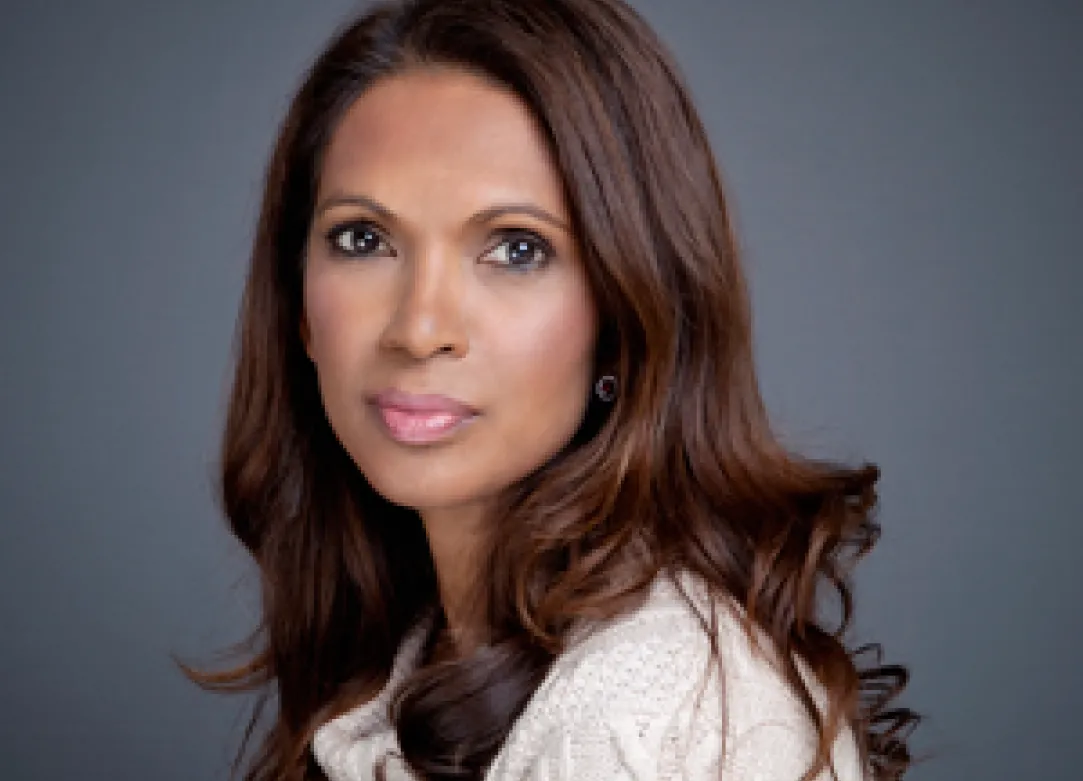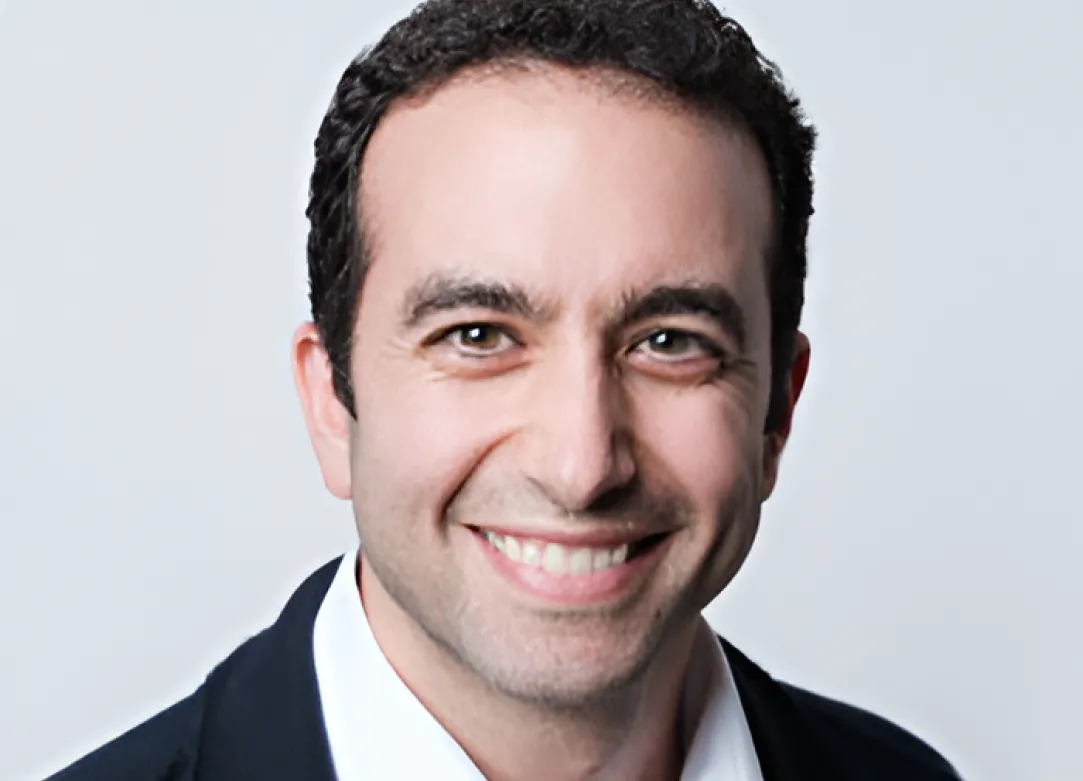Former President César Gaviria, known advocate of democracy and defender of human rights, was first elected OAS Secretary General in 1994 and re-elected for a second term in 1999.
César Gaviria began his career at age 23, immediately after obtaining his degree in Economics from Universidad de los Andes (Colombia), when he was elected Councilman in his hometown of Pereira.
In 1974 he was elected to Colombia's House of Representatives, and rose to the top position in the House in 1983. In 1986 he became Co-chair of the Colombian Liberal Party, a position he held during the successful presidential campaign of the party's candidate, Virgilio Barco.
He served in the Barco administration first as Minister of Finance and later as Minister of the Interior. In early 1989 he left the government to manage the presidential campaign of Senator Luis Carlos Galán. Following the brutal murder of Senator Galán by drug traffickers, the Liberal Party chose César Gaviria as its candidate.
He was elected President of Colombia in May, 1990. During his four-year term, he enacted policies to strengthen democracy, promote peace, and reintegrate armed rebels into civilian life. In 1991, through a plebiscite and elected constitutional assembly, Colombia drafted a new, more democratic constitution.
Recently, along with former Brazilian President Fernando Henrique Cardoso and Ernesto Zedillo of Mexico, Gaviria presented a report by The Global Commission on Drug Policy. This research concluded that the U.S-led war on drugs has failed and urged President Obama to consider new policies, including decriminalizing marijuana, and to treat drug use as a public health problem.
He also serves on the board of directors of Oceana, the global organization that creates policy changes to reduce pollution and prevent the irreversible collapse of fish populations, marine mammals, and other sea life. He is also actively involved with Club de Madrid, where he currently serves as Vice-president.
An engaging and insightful speaker, César Gaviria is in great demand by audiences eager to benefit from his experiences as the key player in the transformation of the OAS and the modernization of Colombia.




